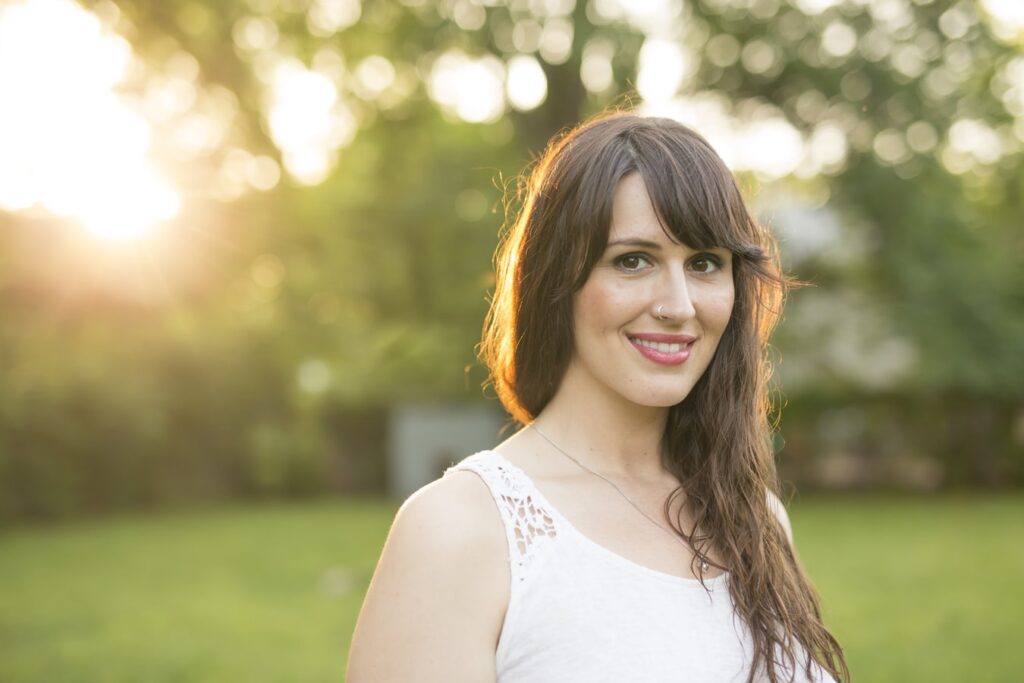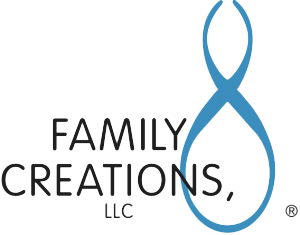
Egg donation has been around for over 30 years. In those 30 years, the egg donation process has become a very common and safe procedure. It is minimally invasive and can be completed in a short timeline. Let’s take a look at the history of egg donation and why egg donation is a safe procedure today.
The History Behind Egg Donation
Before egg donation was invented, infertile couples and same-sex male couples were left with only two options, traditional surrogacy, and adoption. Traditional surrogacy is when a woman is impregnated using her own egg and sperm from an intended parent or a donor. The resulting baby is biologically related to the woman that carried it. After egg donation appeared, so did gestational surrogacy, which is when an egg from the intended mother or a donor egg is used. The baby born from this method is not genetically related to the surrogate. This method alleviates ethical concerns that were present with traditional surrogacy.
The first reported case of successful egg donation resulted in a baby born in Australia in 1983. Shortly after, a baby was born in California in 1984 from the first egg donation procedure performed in the United States. In this instance, a fertilized egg that was just beginning to develop was transferred from one woman to another. This original procedure is no longer used as technological and medical advances have fine-tuned egg donation into a safe, regular process.
The Process
Is egg donation really safe? Yes. Let’s talk about the entire process from start to finish and learn why egg donation is safe. You won’t become infertile and you won’t run out of eggs early. Women will ovulate between 300-400 eggs in their lifetime. You couldn’t use all of those eggs if you tried. But, there are many women who can’t naturally produce eggs on their own due to medical issues. In cases like these, couples still have the opportunity through egg donation to have a child that is genetically related to at least one intended parent.
Family planning agencies, like Family Creations, are looking for egg donations from healthy, non-smoking women between the ages of 20-29. To get started, one can apply online. The application will ask about your medical history, habits, and other personal information. Once reviewed, an egg donor specialist will call you to discuss the process and answer any questions you may have. You will be required to undergo a full physical to ensure your body is healthy and up to the task.
The process itself takes between 2 and 3 months to complete. You will start by giving yourself a series of self-injectable medications that will prompt your body to overproduce eggs, also called hyperovulation. During this time, your doctor will perform ultrasounds to monitor how your body is reacting to the medication. These visits ensure that everything is going according to plan and your body is reacting in a healthy way.
Once the eggs are ready, you will receive a final shot of medication and an ultrasound will again be used as a guide. The doctor will use a needle to remove your eggs from their follicles. This part of the procedure is minimally invasive and takes about 30 minutes. The doctor may give you some mild sedatives or pain killers. After the procedure is complete, some women may need a day or two of bed rest to recover while others can get back to their normal routine immediately.
Throughout the entire time, you are being cared for and monitored by trusted and experienced doctors who care about your health. Egg donation is so safe, you can donate your eggs up to six times. Once your eggs are donated, intended parents can view egg donor profiles online and get started making a family through either in vitro fertilization (IVF) or through the use of a surrogate. Egg donors are competitively compensated for their time, travel, and physical efforts, though, the best part of egg donation is definitely the satisfaction that comes with giving the gift of life to a couple in need.
Applying to become an egg donor is simple, free, and can be completed online. Get started today! Call Family Creations to talk with a specialist and learn more about why egg donation is safe.
